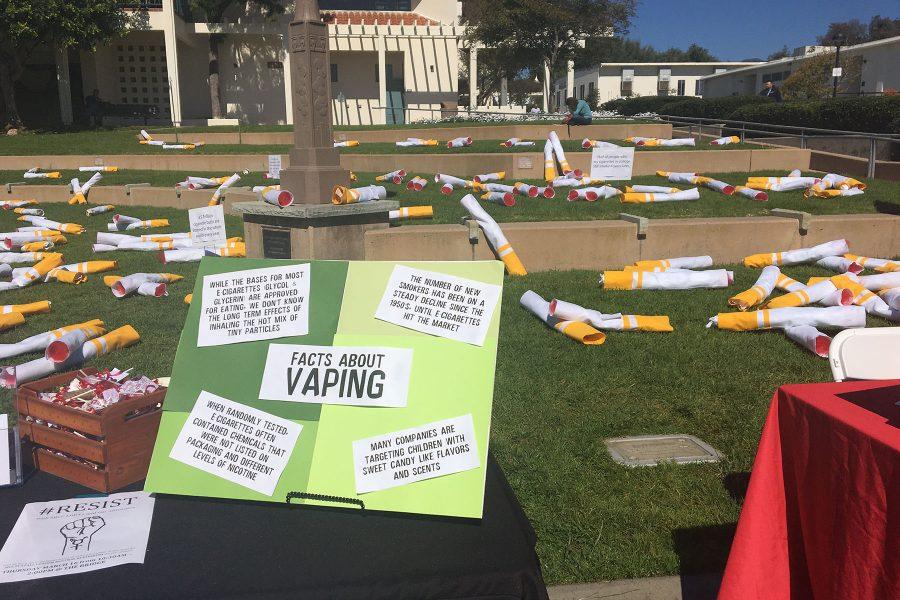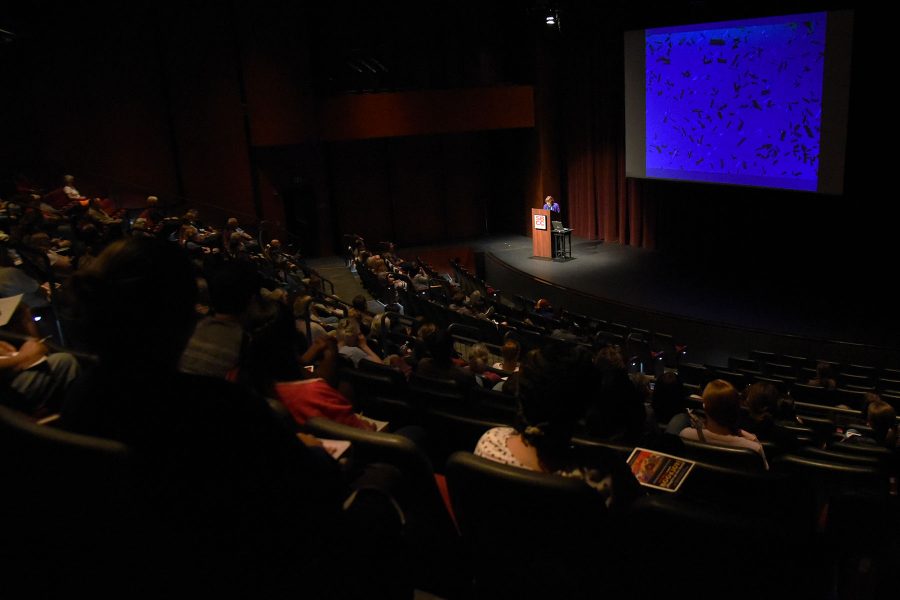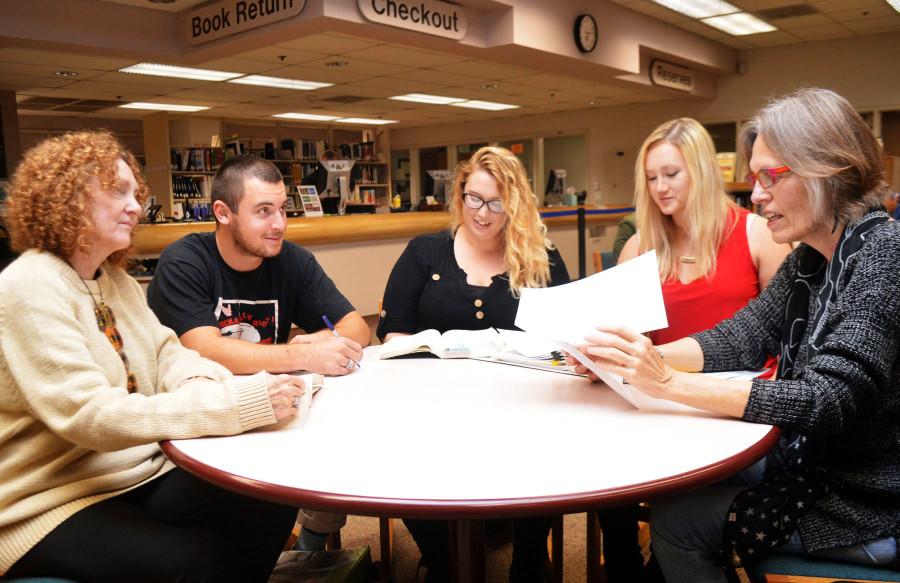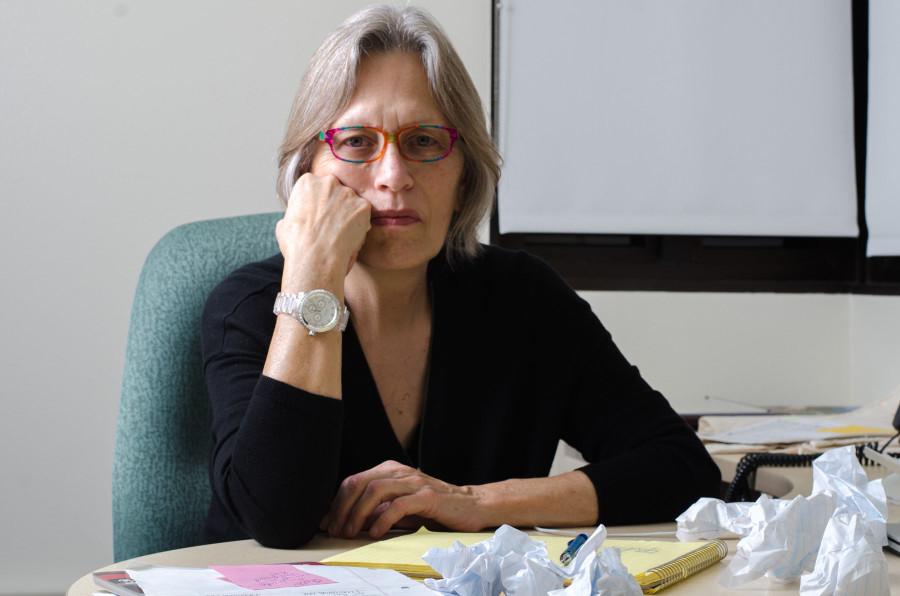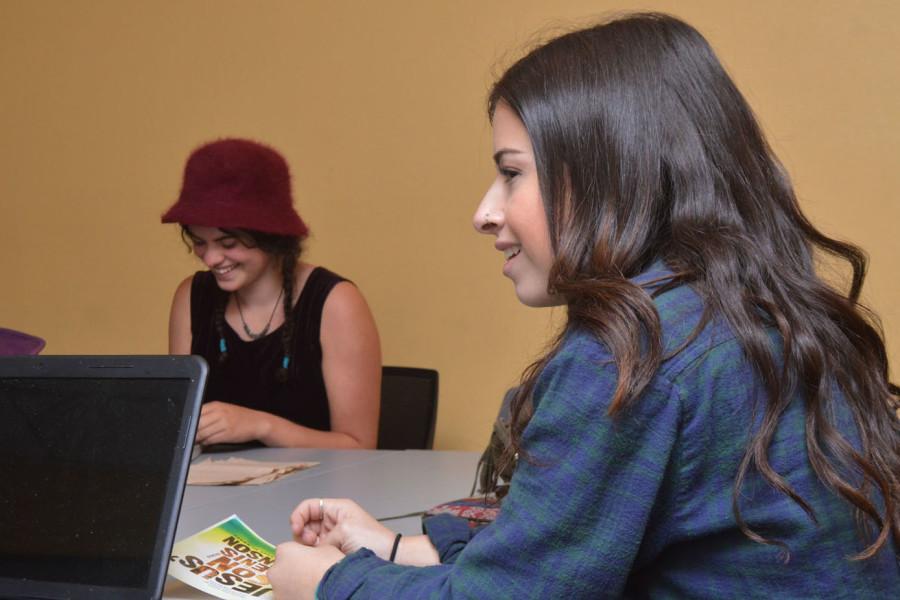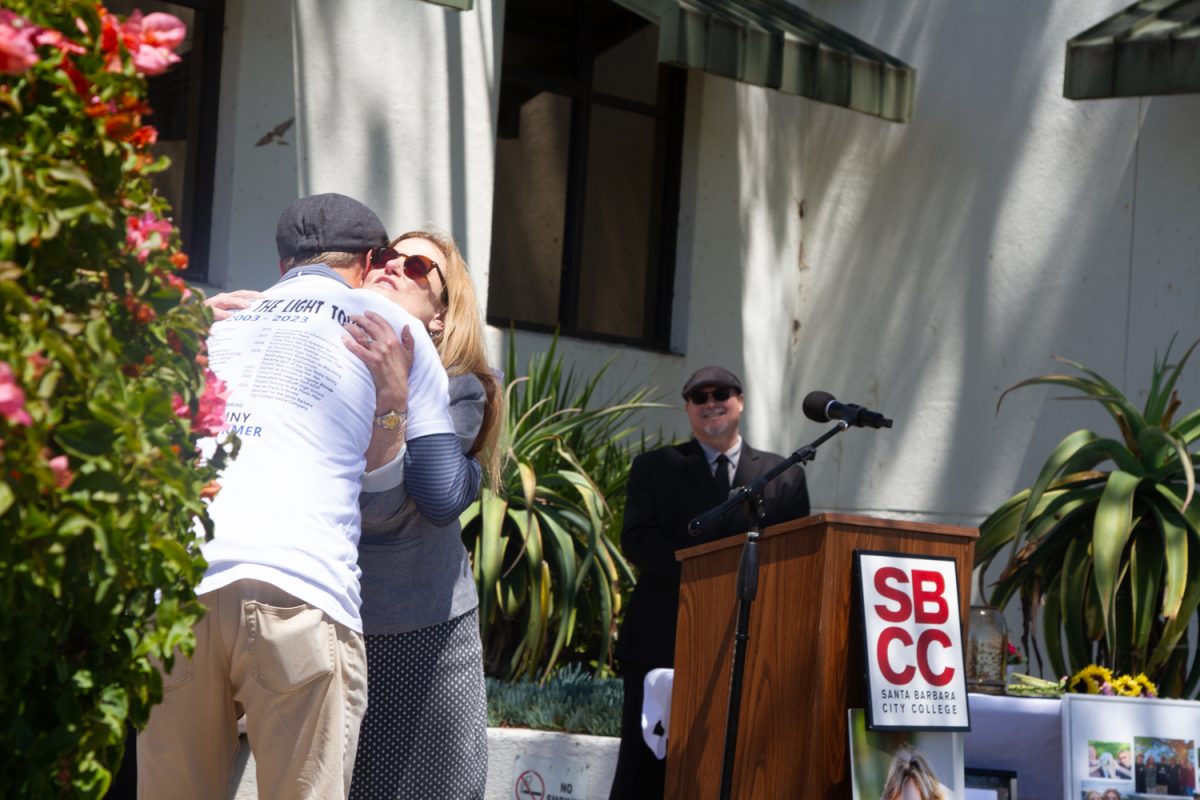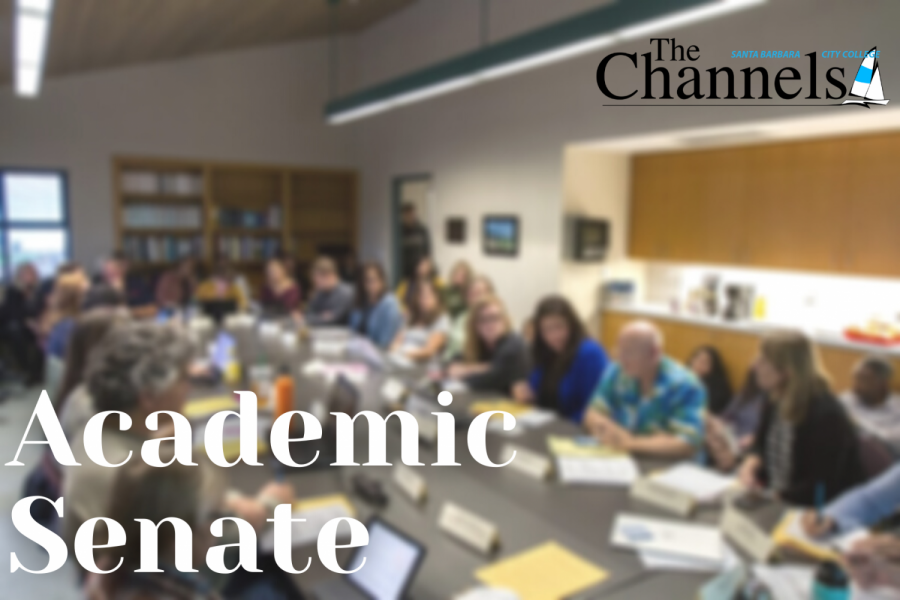The HeLa cells that have helped scientists save lives for decades are now under the spotlight of the world, and dark secrets about the origin of these cells have been uncovered.
On April 14, there will be a student panel in the Luria Library where the book “The Immortal Life of Henrietta Lacks” by Rebecca Skloot will be presented. The book is casting new light on the well-known cells, which are a popular tool for scientific research.
“I’ve personally seen amazing things come out of the HeLa cell research,” said Christine Melvin, vice president of the City College Biology Club.
Melvin has an emotional attachment to this topic. When a male family member was diagnosed with cancer, he received a new treatment, which was developed by the help of HeLa cells and stem cells. The treatment was successful and he was cured.
HeLa cells are cancer cells taken from an African American woman named Henrietta Lacks who suffered from a cervical cancer that led to her death Oct. 4, 1951. The unique aspect of the cells is that they’re still alive today, over 60 years later. Scientists have used HeLa cells to uncover secrets of cancer, viruses and effects of the atom bomb while the remaining cells continue to propagate. Controversy first arose in this story because the cells were extracted from Lacks’ tumor without her or her family’s permission.
A major goal the panel has is to generate informed discussions of books on such broad themes as identity and genetic rights. Other goals are to encourage the exchange of ideas among students at City College and to create further campus appreciation of the library.
“You realize that we have all this amazing technology, but we kind of robbed it from somebody, we stole it without permission and people got rich,” Melvin said.
The book brings forth ethical questions concerning bioethics and the dark history of experimentation on African Americans, according to Rebecca Skloots’ website. Although the HeLa cells have created a multi-billion dollar industry, Lacks’ family has reportedly yet to see any part of the extreme financial gain.
“This is definitely one of the biggest things in my lifetime,” Melvin said. ” This is like the discovery of DNA.”
Melvin continued by saying that one can’t stress enough the importance that these cells have had for science. Before the HeLa cells were found, both cancer and infertility research were at a stand-still. The discovery of the cells opened up new doors, she said.
Librarian-Professor Elizabeth Bowman is in charge of the initiative for the panel.
“I am not that conversant with genetics topics but the author makes the material accessible,” Bowman said. “It is a very compelling, touching, and sad story.”
A limited number of Skloots’ book will be distributed to students and faculty. Some students have already received one, and they were eager to share their views on it, Bowman said.
The student panel will be held on April 14, and a presentation by the author is scheduled on April 11 at UCSB’s Campbell Hall.
“I think it’s important for the public to be aware that this stuff is actually going on in science,” Melvin said. “Because honestly, this affects everyone.”


